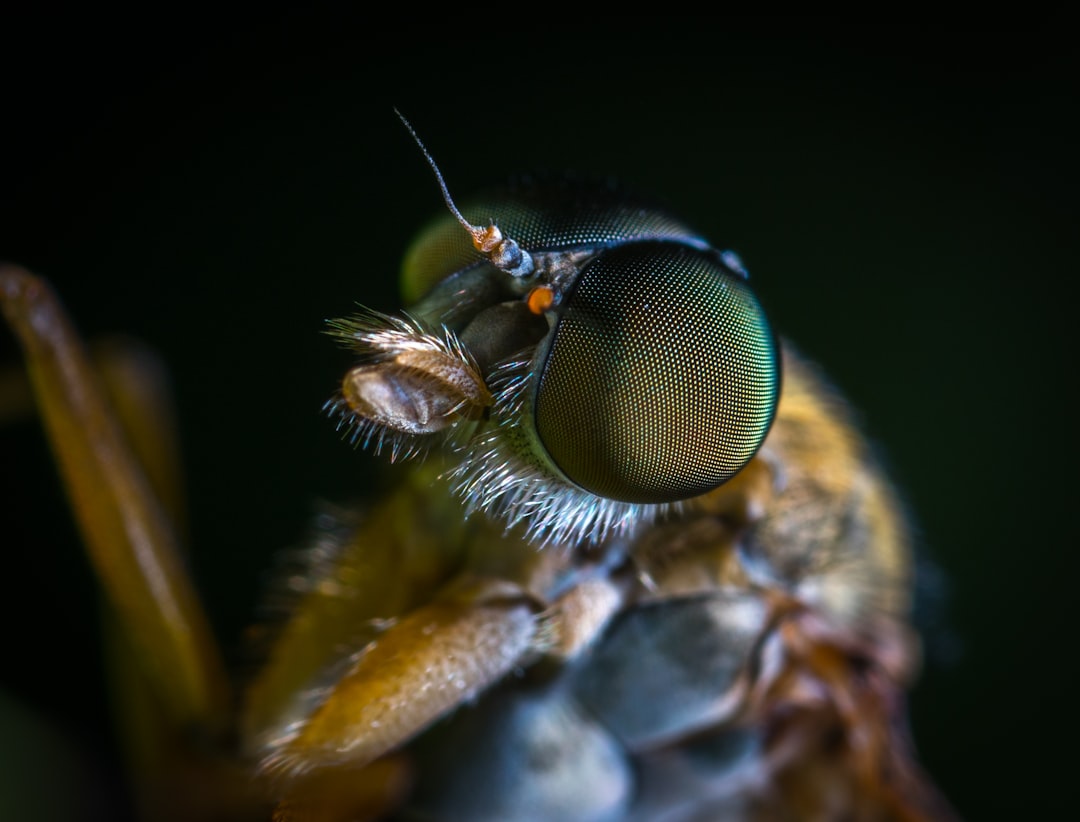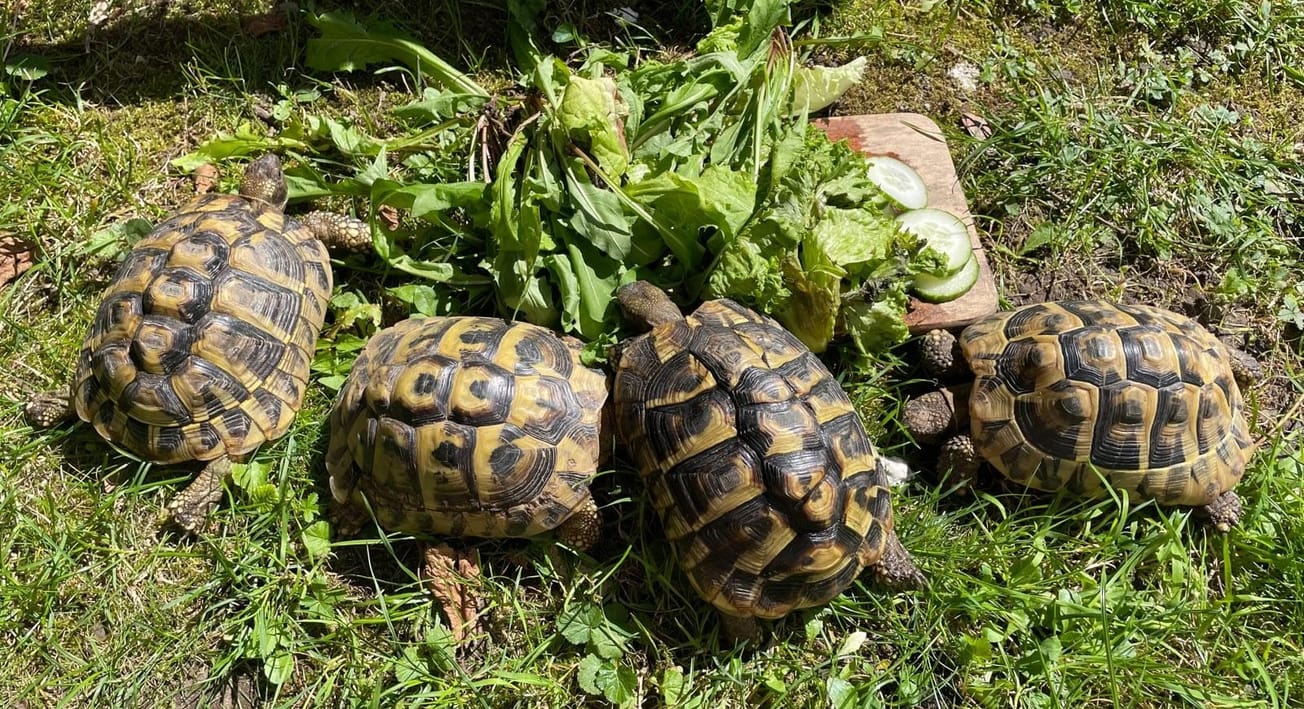By Vilhelmiina Haavisto, Deputy Science Editor; Oliver Ryan-George, third year computer science and Ben Carwithen, fourth year chemistry
Looking for internship inspiration? Three students share their experience of summer placements.
Summer internships are an excellent way to gain valuable skills and increase employability. However, they can be daunting and perceived as difficult to come by. Whilst it may feel like the year has only just begun, places in the University’s research labs do get snapped up quick as well as internships with outside organisations, therefore it’s a good idea to plan ahead and secure a place as soon as you can. Vilhelmiina, Oliver and Ben discuss their experiences of summer placements, and the skills they gained as a result, providing a little inspiration for those of you seeking a placement this summer.
Vilhelmiina Haavisto, University of Bristol Life Sciences
Over the summer, I was able to spend four weeks working in a lab in the Life Sciences Building, under the supervision of Dr Eleanor O’Brien. She and her team are investigating how environmental and biological factors determine a species’ distribution in its environment, and how they might evolve in response to climate change. Their species of interest are various tropical rainforest Drosophila, or fruit flies, caught in Australia. They are particularly interested in the flies’ wings, which are generally a good indicator of fitness as large flies usually have large wings. The first few weeks involved a lot of microscope work. We separated male and female flies (which is surprisingly easy once you know what to look for), removed a wing from each, and mounted the wings on microscope slides. We also prepared fly pupae for later genetic analysis.
Photo by Егор Камелев / Unsplash
Later in the month, we photographed the wings we had mounted, and landmarked them using various pieces of software, which provided data for calculations of wing size and further statistics. We also had the opportunity to attend lab group meetings, where we heard about projects that other researchers in the group are working on. I really enjoyed my time working in the lab - it was fantastic to be able to get hands-on experience in a real lab, and to get a feel of what working in research might be like.
Oliver Ryan-George, KPMG internship
I spent a month at KPMG in Financial Services as a Technology Consultant. I assisted with the management of a data migration project for a multi-national bank. This involved report writing, schedule keeping, presentation making and daily phone calls. There were also sporadic training sessions and an intern project.
It was a useful preview of the skills that make you successful in a large consultancy firm. The most notable skill was networking with colleagues. As no one was coddling you, this was the only way to be proactive in picking up work. Networking also enabled me to explore areas of the company that I wanted to explore more after I graduated, as I got to venture into DevOps and CloudOps for a few days after meeting with colleague’s friends.
There were opportunities to socialise with the other interns which included plenty of free alcohol. This allowed the interns to build relationships with each other, making work much more enjoyable.
Overall, the internship was an enjoyable and relaxed, yet still well-paid experience which happened to come with a job offer at the end of it. This has taken the pressure off my last year of university. Definitely worth doing.
Ben Carwithen, University of Bristol Chemistry Department
This summer I spent 12 weeks working in the University of Bristol chemistry department’s Laser Spectroscopy group. This was initially funded through the Royal Society of Chemistry undergraduate research bursary scheme that runs each year.
The group use sophisticated laser systems to study the dynamics of molecules during chemical processes and my project involved a technique called Coulomb Explosion Imaging. Briefly, the technique works by using an intense laser pulse to strip electrons from a molecule, leaving it with a high positive charge, which then ‘explodes’ under its internal repulsion. From the resulting data you can back out the structure of the molecule.
I worked closely with a post-doc and a PhD student who were really helpful, giving me plenty of chance to get hands on experience and ask lots of questions. As a result, I really improved my knowledge of quantum chemistry, and was also introduced to programming – I wrote a program which is now used in the lab by the other researchers to view and analyse data on the fly.
As well as having a great summer, I’m now starting my MSci project within the same group, so I’ll be able to continue using the skills and knowledge I’ve gained.
Featured image: Unsplash / Ousa Chea









